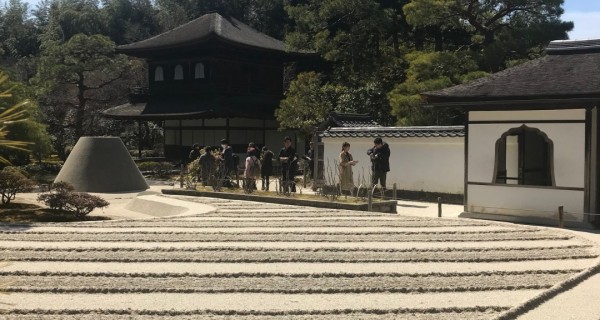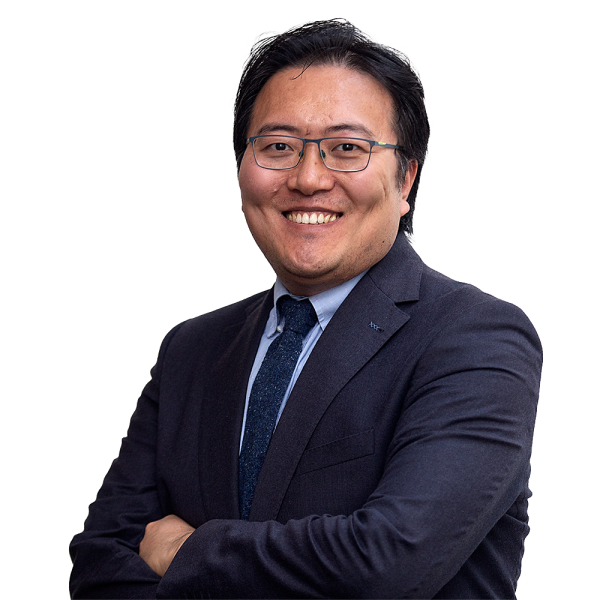Can foreign diplomats apply for Dutch naturalisation?

In the Netherlands, foreign diplomats are not perceived as “foreigners” as referred to in the Immigration Act 2000 (“Vreemdelingenwet 2000”). Therefore, foreign diplomats do not hold a residence card issued by the Immigration and Naturalisation Department ("the IND"). Instead, they hold a so-called MFA card issued by the Dutch Ministry of Foreign Affairs.
Two groups of diplomats
Within the diplomatic community, there are two groups of diplomats, namely (1) foreign diplomats working at a foreign embassy/consulate and (2) staff members of an international organisation.
According to the IND Policy on the Dutch Nationality Act (“Handleiding RWN”), when it comes to naturalisation, only the time spent on working at an international organisation can be taken into account. This means, for example, if one has been working for five years as a minister-counsellor at a foreign embassy, their time will not be counted towards the residence requirement for naturalisation.
Nevertheless, if one has been working at an international organisation, they can potentially qualify for naturalisation. Let’s have a look at a hypothetical. Tom has been working over the last five years at an international organisation in the Hague, and he has two minor-aged children, Elliot and Kate. They have been in possession of a diplomatic ID. Potentially, Tom and his children can ask for naturalisation, and their time at the international organisation can be counted towards naturalisation. Nevertheless, before they can apply for naturalisation, they need to cross a practical hurdle.
Legal doubt in relation to their capability of staying indefinitely
Under Dutch immigration law, a permit is of either temporary or non-temporary nature. If one holds a permit of temporary nature, they cannot ask for permanent residence. Under Dutch Nationality Act, the legislators choose to make use of a terminology called “bedenking” (“doubt” in English). Pursuant to article 8(1)(b) of the Dutch Nationality Act 2003 (“Rijkswet op het Nederlanderschap 2003”), Dutch citizenship can only be granted to an applicant, when there is no such doubt in relation to their residence for an indefinite period. To clarify, this does not mean that an applicant must be in possession of a Dutch indefinite stay permit (“regular onbepaalde tijd”), before they can ask for naturalisation. This doubt should be understood as legal doubt in relation to their capability of residing indefinitely in the Netherlands. Thus, according to the IND policy on the Dutch Nationality Act, there is doubt in relation to a plethora of residence permits (eg. study) and their holders.
When it comes to the diplomatic ID cards, the IND policy says that there is doubt in relation to a diplomatic ID holder’s residence for an indefinite stay, no matter if they work for a foreign embassy, consulate or an international organisation. According to the same IND policy, a diplomatic ID card holder will also be discouraged from asking for Dutch naturalisation. Should a diplomatic ID holder insist on asking for naturalisation, they will be warned in writing that they shall not receive a refund of the application fee in the event that the IND refuses their application.
How to resolve the legal doubt
Nevertheless, if a foreign diplomat can obtain a Dutch residence permit, this legal doubt can be potentially resolved. However, pursuant to the IND policy, the time spent on a diplomatic ID card can only be counted if it is directly followed by a residence permit or the continuation of residence rights on the grounds of the EU Treaties.
Let’s return to the aforementioned hypothetical. Tom and his children Elliot and Kate can potentially resolve the legal doubt that the IND holds against their capability of residing indefinitely in the Netherlands, if Tom can, for example, obtain a regular residence permit (eg. European blue card) after Tom leaves the diplomatic service. Alternatively, if Tom and/or (one of) his children can make recourse to EU law (eg, EU Directive 2004/38 or the Brexit Withdrawal Agreement), they will be able to resolve the legal doubt and qualify for naturalisation.
Contact us
Should you have any questions about Dutch immigration and nationality laws, please feel free to book a consultation with one of our lawyers.

Related articles
- Residency requirements for Dutch naturalisation from 5 to 10 years?
- Latent naturalisation for minor-aged children
- How Not To Transfer Your Main Residence - Everything Expats Should Know
- Unexpected Visa Rejection? There may still be routes forward
- Knowledge of Dutch for naturalisation: from A2 to B1 soon?
- Possibilities of Dutch nationality planning: dual and multiple citizenships
- Reacquiring Dutch nationality
- The dreadful issue of residence gap (“verblijfsgat”) and latest positive developments
